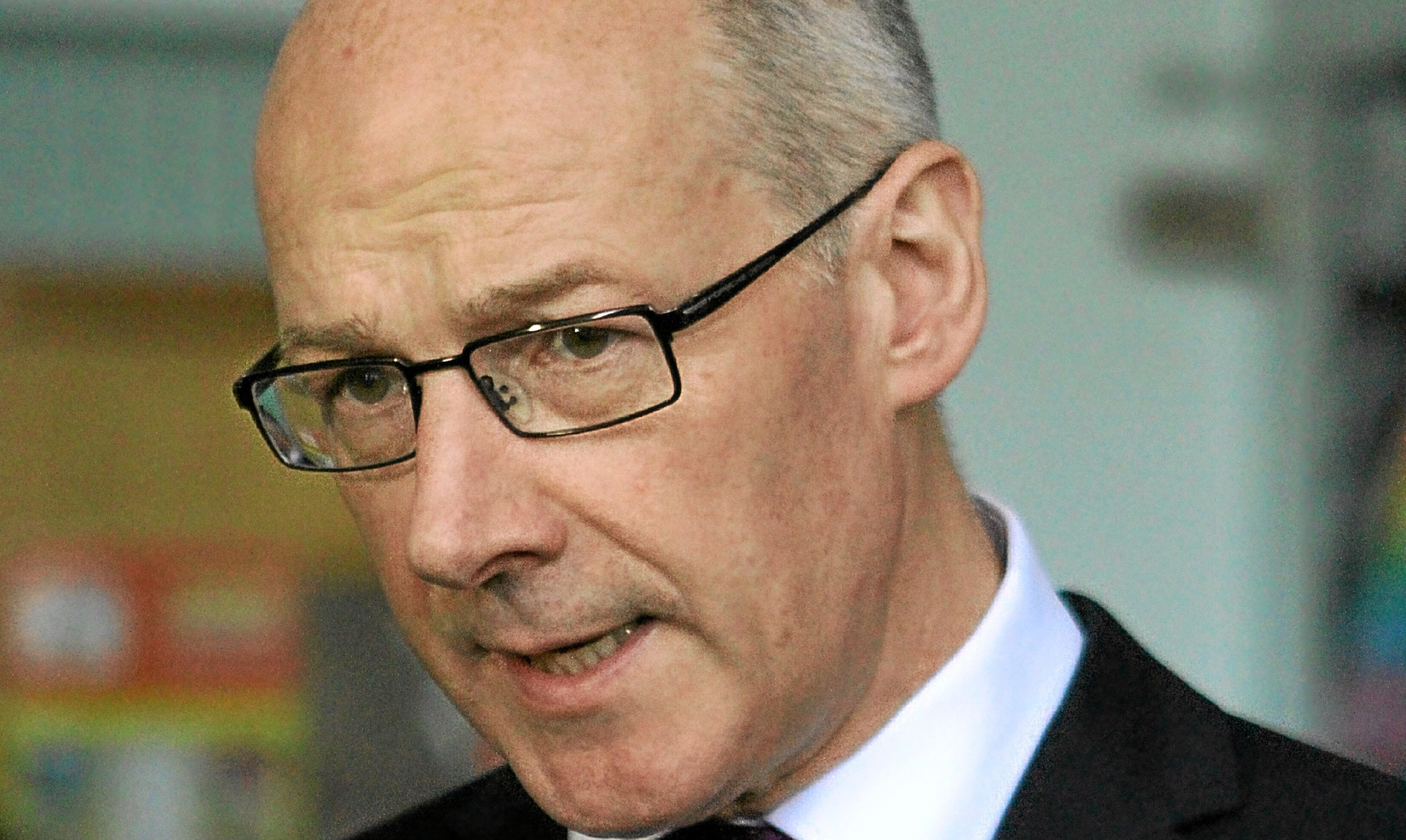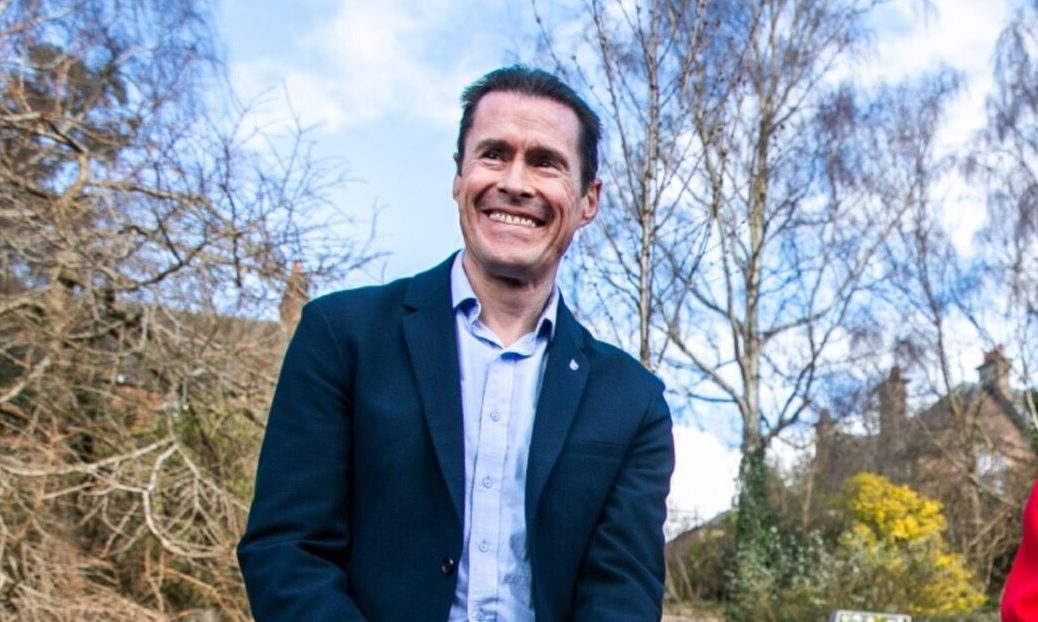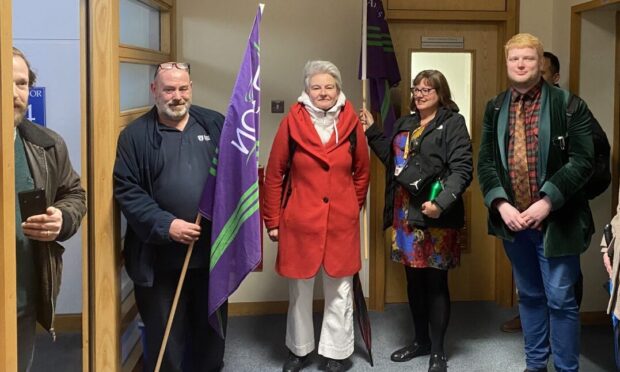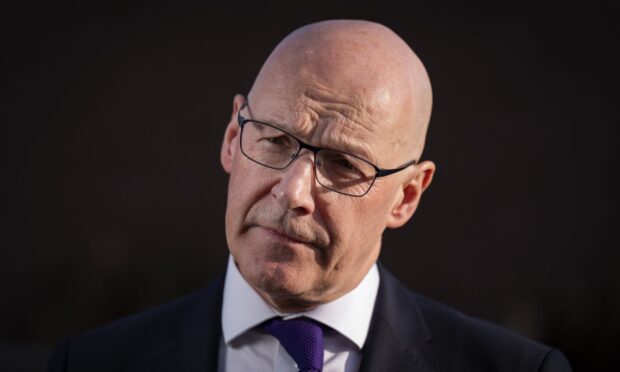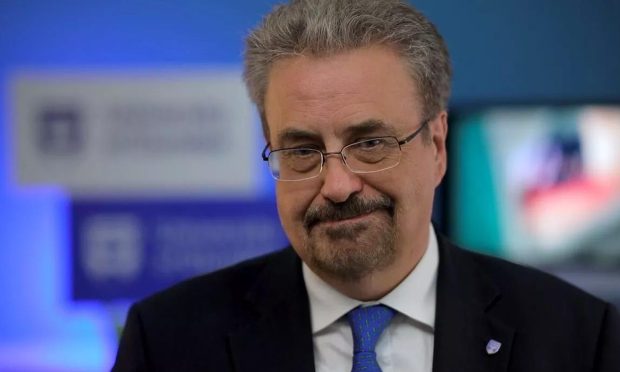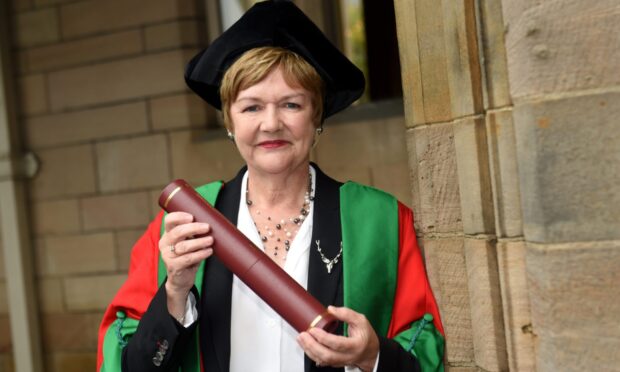John Swinney faced down hostile MSPs to declare he is “wholly confident” pilots of the controversial Named Person policy have kept within the law.
The national roll-out of the scheme, which assigns a “state guardian” to every child in Scotland, has been delayed for a year after the Supreme Court branded elements of it unlawful.
Councils including Fife and Angus have already been running pilots of the service, in which a health worker or senior teacher is allocated to under 18-year-olds as a single point of contact for well-being issues.
Ross Thomson, a Tory MSP for the North East, asked for a guarantee from the Education Secretary that the law had not been broken by local authorities.
Giving evidence to the Holyrood education committee, Mr Swinney, the Education Secretary, replied: “Much as it has been alleged over the years, I do not run every local authority in the country.”
He added: “Local authorities are self-governing bodies that must take their own decisions. We provide guidance and we have done so, but each local authority must take its own decisions.”
Earlier in the session, he agreed that he was “wholly confident” that local authorities had not fallen foul in respect of the data-sharing provisions because “all local authorities must act within the law”.
The Supreme Court found some that some provisions of the system could breach the European Convention on Human Rights.
Judges said the scheme as a whole was “legitimate and benign”, but ruled sections on how information on children would be shared were incompatible with Article 8 of the convention, which protects families from unjustified interference from the state.
Mr Swinney denied the policy, which was due to be rolled out last month, will create a “cottage industry for bureaucracy”, saying public sector workers are already implementing the practices that the scheme formalises.
He also defended the use of the term “well-being”, as opposed to “welfare”, in the provisions.
The Scottish Conservatives say that is difficult to define and too low a threshold for getting involved in family matters, but Mr Swinney says it will enable early intervention.
The Tories want the scheme to be scrapped, while Labour has called for 16 and 17-year-olds to be removed from it.
A three-month period of “intense engagement” on amendments to the legislation is to take place ahead of the new implementation date of August next year.
